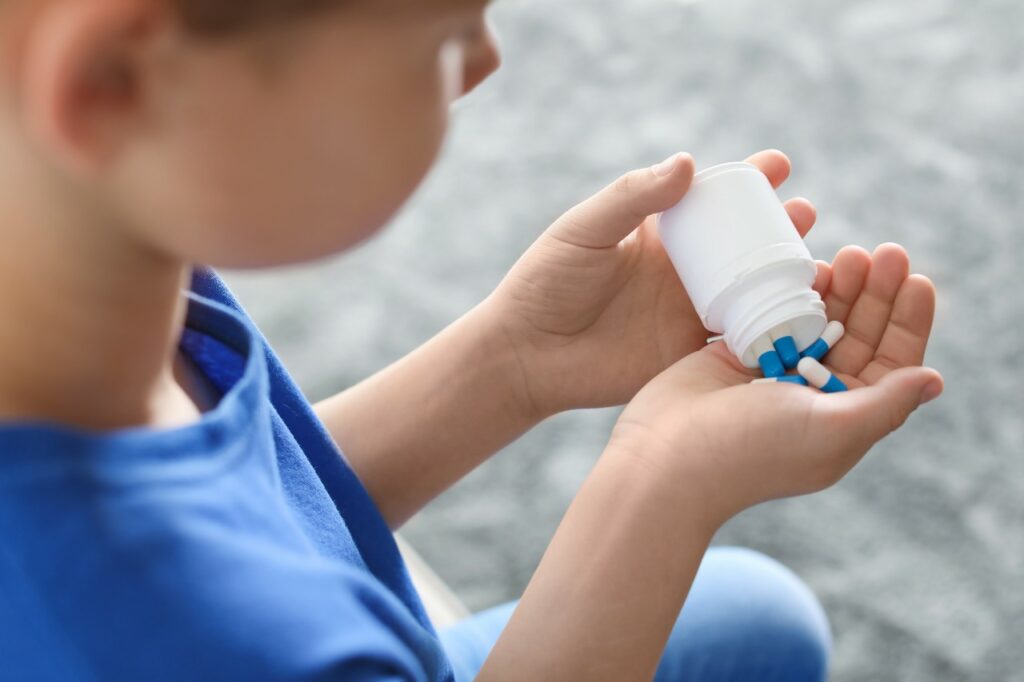Letter to Editor

Should kids be medicated?
By Carmen Schrodel/The Milken Institute School of Public Health, The George Washington University
Substance abuse is a prevalent public health issue that is becoming more and more of a concern for communities across the nation, affecting all ages. Adolescents are becoming exposed at younger ages through social media, school, parents, peers, and even their own doctors. ADHD (Attention Deficit/Hyperactivity Disorder), has had a 42% increase in diagnoses within the years 2003 to 2011, with most of those cases being in the adolescent age range (Onwuamaegbu, 2022). With such a large percentage of diagnosed cases, it made me think as to the reasoning for a significant jump in a short time period. There are two possible contributing factors that could serve as an explanation for this significant statistical jump. First off, mental health disorders have become more accepted and recognized within the 20th century, therefore the diagnosing and prescribing medications to treat these disorders have grown exponentially. The second, and more controversial factor is, the criteria for prescribing ADHD medication has become less strict. Children are being placed on medication for even a mild ADHD diagnosis when in reality they do not need to be medicated at all, or at least not start that young.
This leads us to the idea in which substance abuse is introduced at a young age through medicating for ADHD, specifically the use of Vyvanse. This argument is a matter of public health opinion through research and learned experiences in the field. In fact, it is just one contributing factor to the problem as a whole. Vyvanse is a controlled substance, it has the potential to be addictive, and dependent upon; just as any controlled substance does. “The original article states, Lisdexamfetamine (Vyvanse), is a novel long-acting stimulant formulation with efficacy for treatment of ADHD and low abuse potential due to its prodrug formulation” (Elbe et al., 2010). This article does state there is low abuse potential, and I believe that statement is not safe to say in a public health context. Starting adolescents on a controlled substance, especially if it is not necessary, can potentially lead them down a road for substance abuse. The fact remains, substance abuse is at an all-time high, and there is an exponential increase in medicating for ADHD. I firmly believe there is a correlation and it is poised to be a contributing threat to public health.
Original article the letter is based off: https://www.ncbi.nlm.nih.gov/pmc/articles/PMC2962544/
Elbe, D., Macbride, A., & Reddy, D. Focus on Lisdexamfetamine: A review of its use in child
and adolescent psychiatry. (2010). Journal of the Canadian Academy of Child and
Adolescent Psychiatry. 19(4):303-14
Additional source: https://www.washingtonpost.com/parenting/2022/08/01/adhd-parent-and-child/
Onwuamaegbu, N. As children’s ADHD diagnoses rise, parents discover they have it, too.
(2022). The Washington Post
Carmen Schrodel is a graduate student at George Washington University
